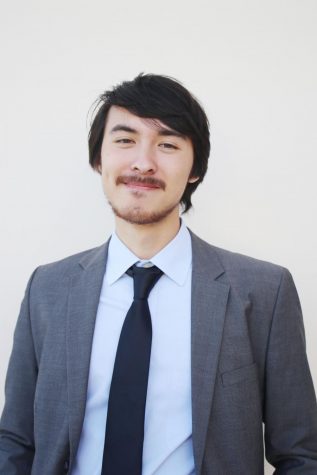The Office of the Provost plans to conduct a gender climate assessment, which will provide administration with data concerning the satisfaction of students, staff and faculty by fall 2019.
COMPARING EXPERIENCES
The university last held a gender climate assessment in 2008, but only evaluated faculty. A decade later, the new study, conducted by professor of sociology and member of the Committee on Women Faculty Brad Christerson and professor of sociology Eundria Hill-Joseph, will take into consideration the voices of student and staff. The information collected will help the researchers make recommendations to the Office of the Provost, according to the chair of University Committee on Women and assistant professor of communication studies Dorothy Calley.
“It’s important to find out what the average person is experiencing because a lot of times, in terms of climate issues, you can sometimes hear the extremes, so you can hear that somebody is very satisfied or very dissatisfied, but you don’t hear a lot of what’s in the middle,” Calley said. “It’s good with climate assessments to be able to see what a wider scope of individuals are experiencing.”
The study will involve surveys, including asking male and female students about their satisfaction with their classes, extracurriculars and residence life, as well as in-depth interviews with a sample of students, staff and faculty. Christerson believes the assessment will allow the Biola community to share their particular experiences and express whether they feel their gender has affected those experiences.
“As an outpost of the kingdom of God, we want to make sure that everybody is equally valued and equally thriving and has equal opportunity to develop into who God wants them to be,” Christerson said.
PUTTING DATA INTO ACTION
Calley also believes women’s groups on campus, including GRIT, Woven Conference and the Committee on Women Faculty, currently improve the gender climate at Biola, and that the data from the assessment will allow UCW to focus its efforts on making informed decisions for the future.
Sophomore English major Hannah Harkness also believes the assessment will prove worthwhile due to the range of experiences between genders. In particular, she believes there remains a difference in expectations for men and women in college.
“Being a women intellectual has its own set of challenges, because [there are] a lot of common expectations to just be a housewife and not go out and have your own career,” Harkness said. “To be a woman intellectual is definitely a unique experience.”
Senior cinema and media arts major Jace Hardwick also believes there remains a difference between the opportunities available for men and for women, particularly in the film industry.
“I’ve grown up with sisters and I’ve always been on the side of having women empowerment on our sets,” Hardwick said. “It’s not too bad here, but I still do see a difference between a women director and a male director.”
Calley believes students should express their thoughts concerning the gender climate at Biola by participating in the assessment if they receive the chance.
“I would very much encourage everyone to really let their voice be heard when the survey comes out, so if they get the opportunity to fill out an evaluation or to be interviewed, that if at all possible they take that opportunity, because their voice is important and this a great way that we can know what people are experiencing and feeling on our campus,” Calley said.







